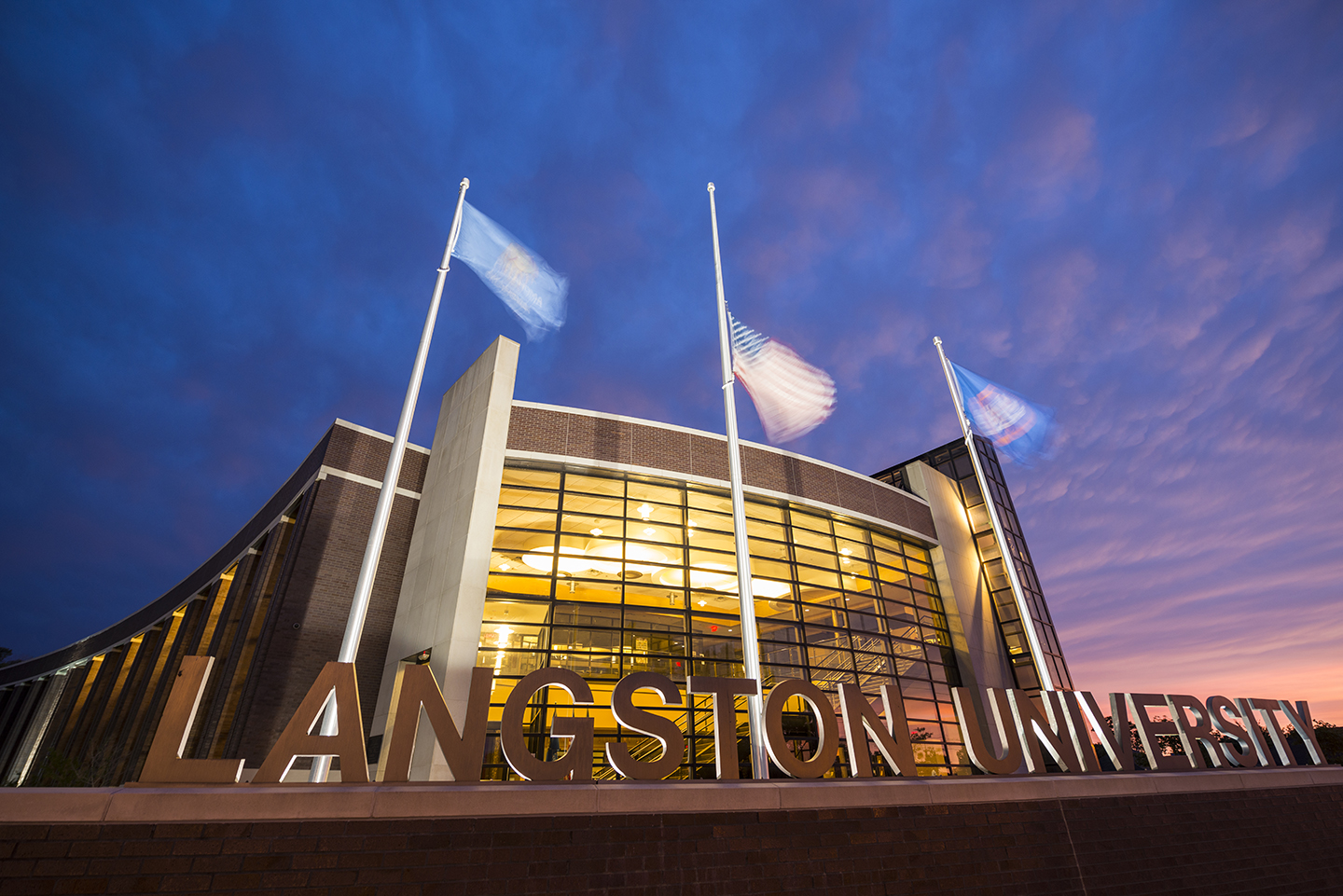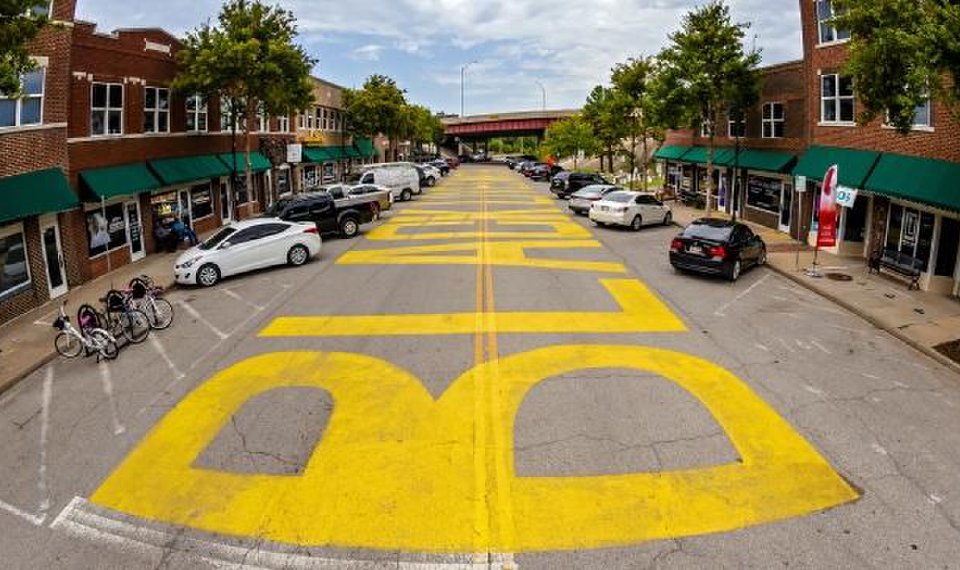
Of all the elements that can determine the success of a college or university – geography, affordability, marketability – academic programming is the greatest among these. The more unique and industrially-relevant a program is, the likelier that it will attract a diverse group of students for enrollment, tuition revenue, donations, and external funding.
A recent agreement between historically Black Langston University and predominantly white Oklahoma State University, from all appearances, flies in the face of that logic.
Under this agreement, OSU will pay Langston a total of $15 million over 10 years. In return, Langston will discontinue all of its current degree programs in Tulsa except a bachelor’s degree and two master’s degrees in rehabilitative services, and undertake new joint programs with OSU-Tulsa in nursing and Africana studies.
Langston President Kent Smith, who proposed the changes months ago according to a press release, defended the move.
“In the days of budget reductions … I think you will see more universities and entities consolidated and focus on areas of excellence rather than one-size-fits-all,” Smith said.
“And then, when you look at the landscape of Tulsa, and in particular north Tulsa, there’s just a need to focus on north Tulsans and health care,” he said.
Smith’s comments counter remarks he made in 2013 when Oklahoma lawmakers passed measures to allow OSU to offer accounting courses in Tulsa, a potential constitutional violation that prohibits predominantly white and historically Black colleges from offering similar degree programs in geographic proximity of each other, which could create a racially separate system of higher education.
“On the surface, these bills might not seem particularly troublesome; however, upon a closer examination, these bills regrettably reveal a veiled attempt to undermine Langston University in Tulsa and threaten its existence,” Smith said in a statement.
“The bills are unconstitutional and do not value the significance of the state’s only historically black university. We will put forth an aggressive effort to work with the House of the Representatives where we hope to receive more thoughtful consideration of bills relating to Langston University.”
While Smith suggests that the new agreement between OSU and Langston offers a new beginning for a broader health sciences imprint for LU, it doesn’t address the disparities in programs, facilities, and services between the two schools which forced alumni to file a complaint against the school and the Oklahoma State System of Higher Education in 2003.
From The Oklahoman:
The alumni group accused regents of repeatedly undermining the university’s efforts to establish a strong branch campus in Tulsa by:
Failing to adequately fund Langston University’s Tulsa programs, while instead pouring money into Oklahoma State University’s Tulsa branch campus.
Allowing OSU, Northeastern State University and the University of Oklahoma to offer competing courses in Tulsa, to the detriment of Langston.
How does the turning over of programs and a total payout of less than $20 million make Langston more competitive for students, faculty, and administrative staff regardless of race, academic background, or socioeconomic status? How does this agreement position Langston to be more attractive for federal grants and contracts, foundation grants, and other private funding? How will the agreement aid the state of Oklahoma in dismantling its dual system of higher education?
If programs such as business are in high enough demand for Oklahoma State to pursue them, why would Langston concede the programs to an institution that is more than a rival, but a threat to its existence? Why not more aggressively demand the resources to make those offerings some of the best and most attractive in the country?
If these questions don’t yield sensible answers from the state’s higher ed board, then it leaves Langston alumni, the NAACP, and other civil rights groups responsible for making sure that a bad deal is reversed in short order. But how does this compare to settlements in other civil rights cases?
The landmark Ayers case in Mississippi almost 20 years ago was $570 million for three Black universities which never reached the full measure of its agreement with the state, and by today’s dollars would be valued at approximately $875 million.
Earlier this year, lawmakers in Maryland overwhelmingly passed legislation granting a settlement of $577 million for four Black institutions, about $1.5 billion short of what the state estimated it would take to make the universities whole from decades of program duplication.
And an invaluable satellite campus for Oklahoma’s flagship Black university can be bought for just $15 million?
This agreement not only diminishes the LU brand in one of Oklahoma’s fastest-growing areas, not only lets the Oklahoma board off the hook for harmful programmatic duplication of Langston’s programs, but it sets a terrible precedent for HBCUs in similar situations across the country. If Langston’s autonomy and appeal are worth $15 million over ten years, what case will other public HBCUs have to make in states with fewer resources and more antagonistic forces in state legislature or industry?
This major development appears to be a terrible deal for Langston, and potentially for the HBCU community. And if it is true that it began with leadership at LU, then leadership has to do a far better job of explaining how a deal that was a slap in the face in March led to the theft of an entire satellite campus in September?










